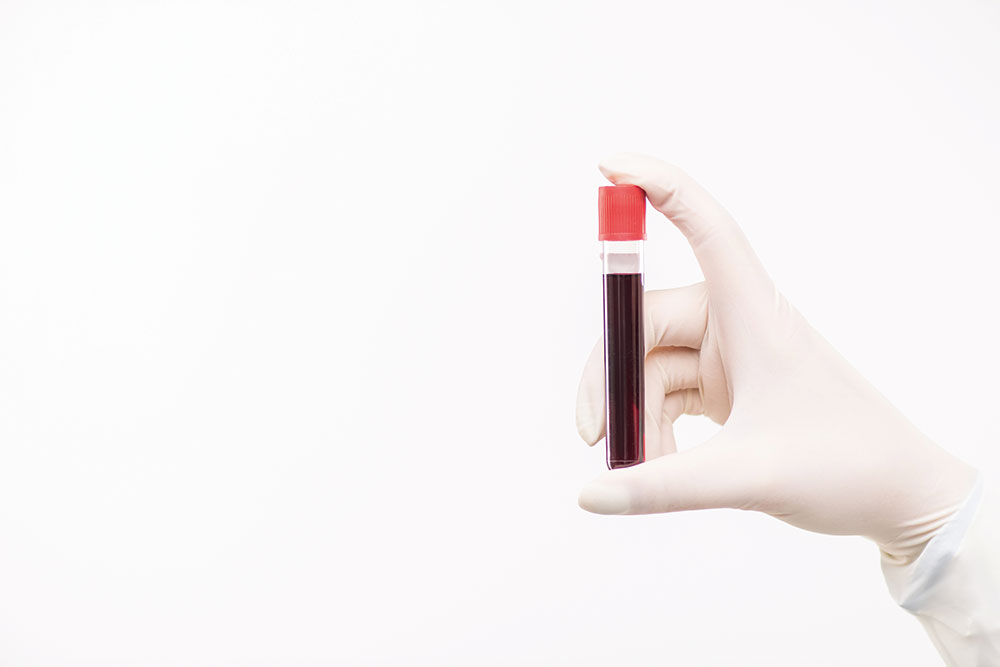


Treatment Methods
Surgical Treatment
Removal of the prostate along with surrounding tissues, including the seminal vesicles and nearby lymph nodes.
Radiation Therapy (also known as "radiotherapy")
Using radiation to accurately target and destroy cancer cells while minimizing damage to normal cells.
Hormone Therapy
Slowing or stopping the growth of cancer cells while preventing hormones from attaching to cancer cells, which provide nutrients to them.
Chemotherapy (also known as "chemotherapy")
Intravenous injection of anti-cancer drugs to control and kill cancer cells.